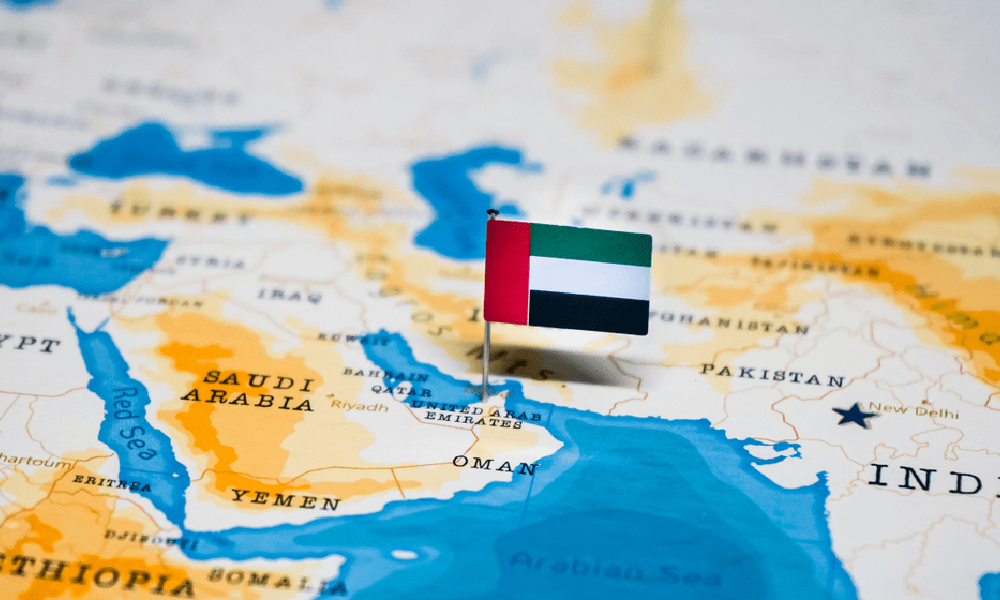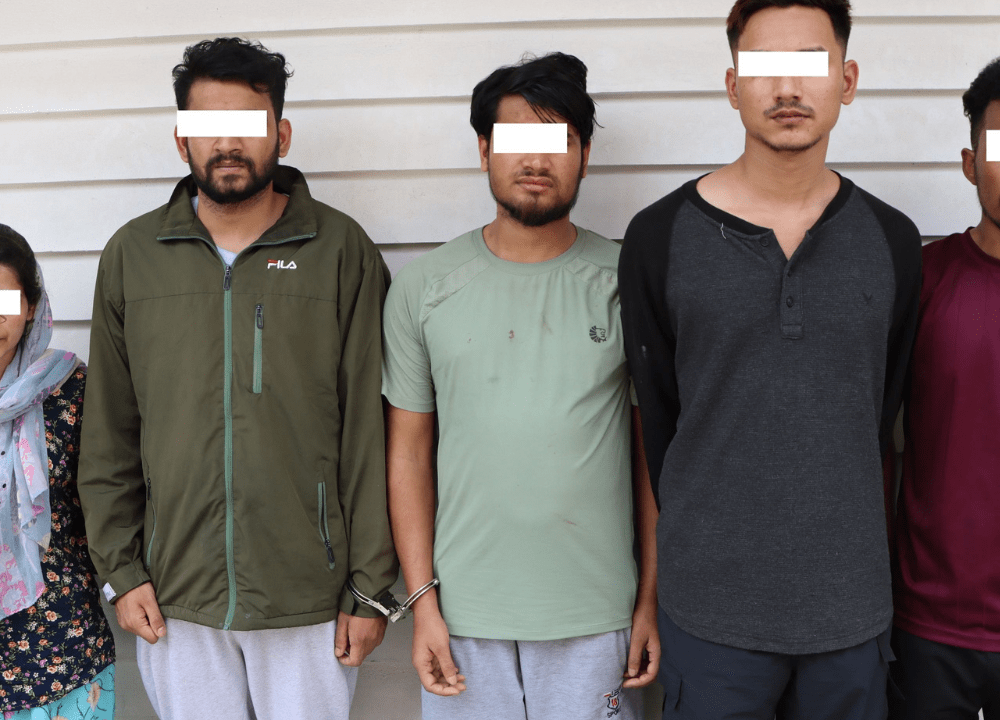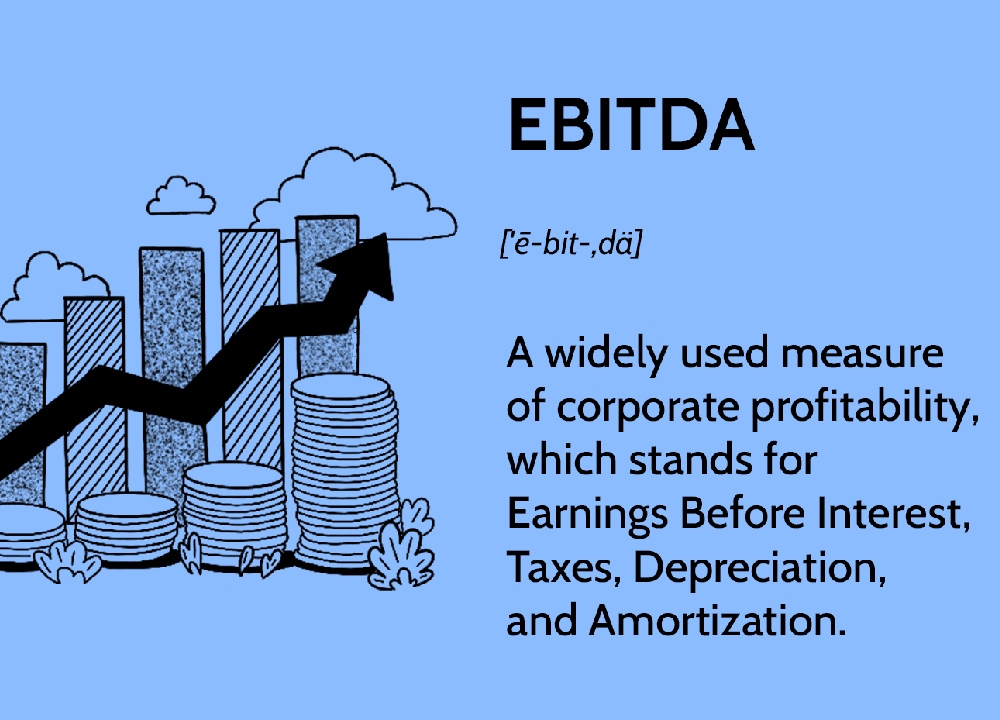An investigation into offshore gambling enterprises with Japanese targets is in the works by the National Police Agency (NPA) of Japan.
A lot of people in the area think it's okay to play igaming games hosted on servers outside of their nation. Most of the time, the sites trick gamers into thinking they are either completely legal or haven't been officially found to be unlawful. As an additional layer of validity, they boast about their licensure in other nations.
Japan has strict gambling regulations.
Gambling on horse races, bicycle races, motorbike races, and powerboat races is legal in Japan. According to Article 185 of the Penal Code, any other type of gambling is forbidden.
When Japan's first brick-and-mortar casino opens in Osaka in 2030, everything will be different. The integrated resort (IR) worth 1.08 trillion won (£6.2 billion, €7.348 billion, or $8.1 billion) would be accessible to locals who fulfil specific income criteria and pay a daily fee. Entry is free for non-citizens.
But MGM Resorts, the resort's operator, anticipates that locals will constitute the majority of customers. Six million foreigners and fourteen million Japanese will visit MGM Osaka each year, according to the US-based company's projections.
As a component of the IR Development Act of 2018, lawmakers deliberated the possibility of legalising online casinos. In 2021, the statute became law.
There was a meteoric rise in Japanese online gambling during the COVID-19 pandemic.
The NPA reports that during the COVID-19 outage, internet gambling in the nation increased dramatically, particularly among the younger generation. Similarweb Ltd, a digital analysis organisation, monitored 700,000 monthly visits in late 2018. By the end of 2021's autumn, that number had soared to about 83 million monthly visitors.
Concerns about the societal costs of gambling are on the rise. The number of calls related to internet gambling climbed by 372% from 2019 to 2023, according to the Society Concerned about the Gambling Addiction in Tokyo.
Additionally, there was a 22.7% increase, to 28.0%, in the percentage of callers enquiring about wagers on motorboat races, which pertains to legal gambling. A total of 18.2%, or 15.5% of the total, were calls concerning betting on bicycle races. And 28.2% of those calls were about crimes perpetrated to fund gaming, like taking money from relatives or employers or getting loans from loan sharks.
The average debt incurred by compulsive gamblers in 2023 was ¥8.55 million, according to the association.
There has been a "lowering of the bar," the group informed. "And we can anticipate an even larger increase in the number of underage gamblers in the years to come."
The availability of gaming "must be regulated"
Some gamblers are "[incurring] large debts via online casinos," according to an editorial in the Yomiuri Shimbun on August 29. To get their money back, they look for "dark part-time jobs," which can involve fraud or other illegal activities. There must be immediate action to address the critical issue of people's unfettered access to internet casinos.
"To stop access to illegal online casinos, some other countries, like those in Europe, have put blocking measures in place," the editorial said. "Such a strategy should be seriously considered by Japan too."
Removing the element of crime
Wherever they may be located, authorities are retaliating against internet operators and their associates.
Tokyo, Aichi, and Fukuoka prefectures (regional governments) detained two individuals in September on suspicion of facilitating payments to online casinos. No one had ever been taken into custody on such grounds before. The accused allegedly made ¥2.1 billion in commission fees and transferred tens of billions of yen, according to the police.
Seven individuals were apprehended in February in Kyoto on charges related to running an illicit online gambling business. The site has reportedly received ¥2.3 billion in deposits since its inception in 2011, according to authorities. Site administrators portrayed it as legitimate entertainment, as usual.
The head of a massive money-laundering network that reportedly handled monies from several illicit activities, including internet gambling, was apprehended by the Osaka police in June.
Discussions regarding responsible gaming policy and regulations will be informed by the NPA investigation. An official from the agency stated: "We will gather basic data to understand the situation as quickly as possible and come up with countermeasures."













